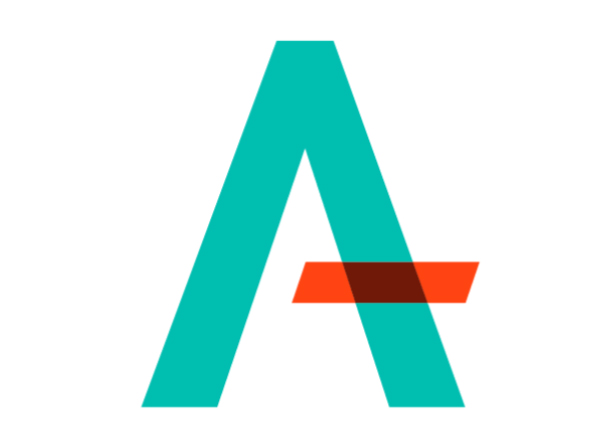Slang terms are ever evolving and are an integral part of growing up. A word or abbreviation can add significant meaning or emotion to a message or text. Slang helps teens define their connections, feel accepted and gain independence. Keeping up on teen slang and lingo may seem daunting; however, understanding the language teens communicate with verbally and through social media is important.
Calculator%: An app that functions as a secret stash for files one wants to keep hidden. On its surface, it is a normal, functional calculator, but inputting one's code reveals the hidden folder. This app is typically used to keep inappropriate pictures private.
Snapstreak: When friends send snapchats through the app each day, a "streak" is created between them. To keep a Snapstreak going, both Snapchatters must send a Snap (not Chat) back and forth to each other within a 24-hour window.
The Dab: A dance move that is incredibly popular with teens. The move started in Atlanta's hip hop scene in 2012, but became popular when Carolina Panthers quarterback Cam Newton did the dance move in November 2015 in a game against the Tennessee Titans.
Troll: A person on the Internet who posts deliberately offensive content in the hopes of upsetting others. Trolls have always been around within social media, but they have especially picked up a strong social media presence in the last year.
Basic: A word used to describe someone who is viewed as boring or a conforming person. This adjective tends to be used in a negative or joking way.
Broccoli: Another name for marijuana popularized by the song "Broccoli" by D.R.A.M. featuring Lil Yachty. The song became popular in August 2016 through the app Musical.ly (a lip-syncing app targeting young teens).
Mooning: Muting a text conversation so that you can ignore it. It is named after the half-moon symbol used to denote the "do not disturb" mode on iPhone's. The sender does not know the receiver has muted a text, so it can be considered rude or passive aggressive.
Snack: A word used to describe an attractive person. Many times the word is used in a negative, demeaning way.
Familiarizing yourself with these words and phrases will help you better understand teens' online interactions and if they are amplifying positive or negative conversations in texts and on social media. Engaging in conversation and having open dialogue about technology and language are the best ways to avoid digital disaster.
For more teen slang terms, click HERE.

